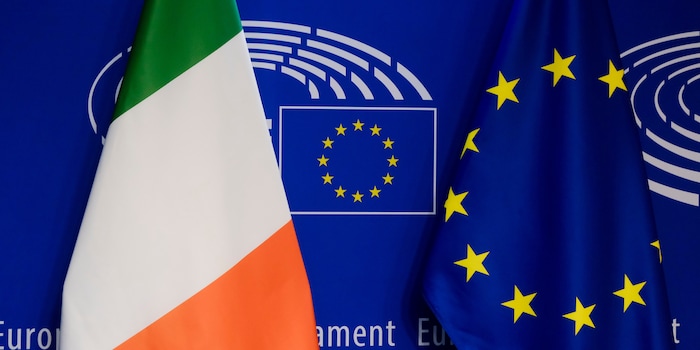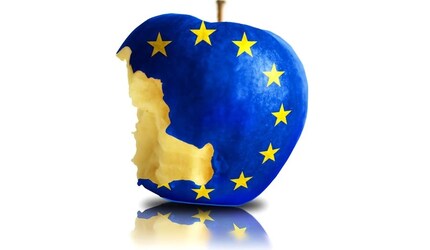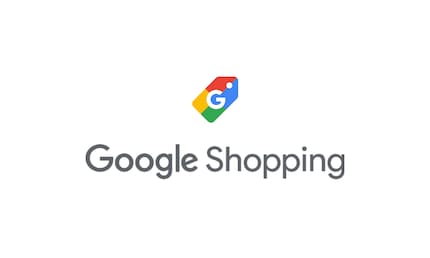
Billion-euro fine: Ireland must demand money from Apple that they didn't even want
After several proceedings, it is now clear after eight years: Apple must pay back taxes in Europe. Google will also be asked to pay: The company has once again abused its market power. The fines run into the billions.
The wheels of justice grind slowly, but they grind. A full eight years after the EU Commission ordered Apple to pay back taxes, they are finally due.
Profit earned not properly taxed
In 2016, the EU Commission came to the conclusion that the tax agreement between Apple and the Republic of Ireland - where Apple has its European headquarters - is not legally valid. This constitutes prohibited state aid. In 2020, this accusation was rejected by an EU court. The Commission had not been able to sufficiently prove its accusation.

Source: Shutterstock
The judgement was referred to the European Court of Justice (ECJ). This time with success. Apple must pay back 13 billion euros for the years 1991 to 2007. Plus interest of an unknown amount. Apple did not allocate a certain portion of its profits generated in Europe to the Irish subsidiary for tax purposes.
Apple has already paid tax on the profits in the USA
Apple is unhappy with the judgement. According to the company, it was not clear that these taxes would have to go to the Irish state. International tax law requires taxation in the USA. Apple had complied with this. The EU Commission is now trying to change the rules retroactively. Meanwhile, the Irish government has announced that it respects the judgement. Ireland is now obliged to demand this back tax payment from Apple, even though the state itself entered into this tax agreement with Apple.
Google favours its own services
It took almost as long as it did for Apple to reach a final judgement in the legal dispute between Google and the EU Commission. The case concerns the price comparison service Google Shopping. The EU Commission imposed a fine of 2.4 billion euros on Google in 2017.

Source: Google
The company has placed its own price comparison service ahead of those of its competitors on its search results page. It did so in a way that violated competition law: Not only did the service always rank at the top, it was also the only one advertised with images and text. The search results of the other services only appeared further down as a link.
This meant that the Google price service was clicked on more often than the others. This is the view of the EU Commission. This is a problem insofar as competitors are dependent on data traffic from Google's search in order to be economically competitive. Google has therefore abused its dominant market position.
Google first took legal action against these fines before an EU court and later before the ECJ and lost both times. The court found that the preferential treatment of its own goods and services did not generally constitute a market abuse. However, "in view of the characteristics of the market and the specific circumstances of the case", Google's behaviour was discriminatory.
Google also dissatisfied
Unlike EU Commissioner Margrethe Vestager, who was pleased with the judgement, Google is disappointed. The Californians point out that the judgement is "based on a very specific set of facts that have been continuously amended since 2017 to meet the requirements of the authorities". In addition, Google's approach has led to billions of clicks for a total of over 800 comparison services.
Google cannot change the judgement. In fact, the company is facing further trouble: next week, a court will decide whether the company has also abused its market power in search engine advertising with "AdSense for Search". This involves a fine totalling 1.49 billion euros. The EU Commission is also the plaintiff in this case.
I've been tinkering with digital networks ever since I found out how to activate both telephone channels on the ISDN card for greater bandwidth. As for the analogue variety, I've been doing that since I learned to talk. Though Winterthur is my adoptive home city, my heart still bleeds red and blue.
From the latest iPhone to the return of 80s fashion. The editorial team will help you make sense of it all.
Show all